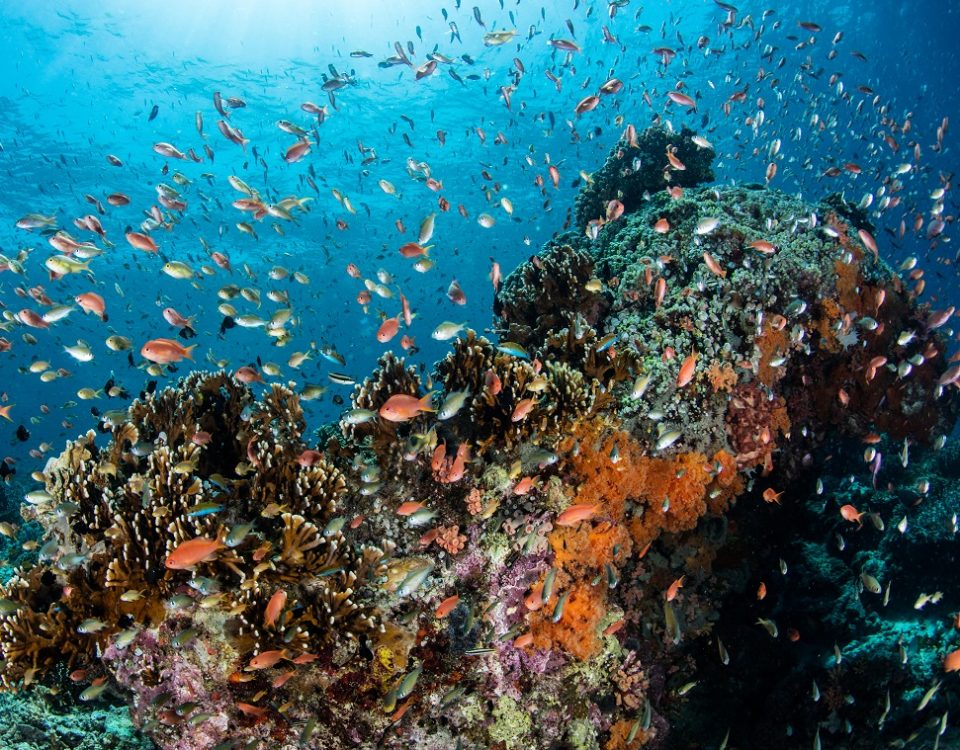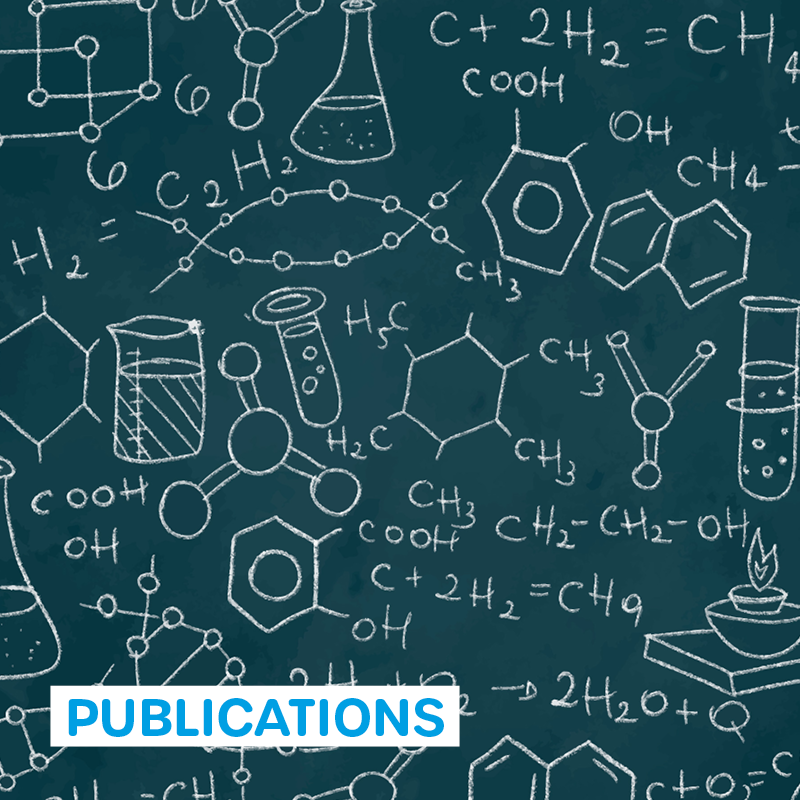We develop and scale solutions for water without microplastics.
Tackling global challenges responsibly.
Microplastics and micropollutants pollute our waters. They destroy the balance of our ecosystems and pose an enormous risk to our health.
They have been detected numerous times. From the Arctic ice to the deep sea. From the Danube to Mount Everest. In animals, human intestines, placentas, blood, lungs, breast milk.
Every day, the microplastic burden is increasing. Until now, there are no efficient technologies in place to prevent this.
WE CHANGE THAT!
Clean water with system and vision.
Non-toxic materials together with a simple equipment design enable the clumping and skimming of microplastics and micropollutants.
In combination with microplastic detection and reuse, we enable the greatest possible efficiency in water purification, resource conservation and circular use of waste and wastewater.
We are thus making measurable contributions to achieving the UN Sustainable Development Goals.
Future-proof. Tailor-made.
Healthy life needs water without microplastics.
We work in a highly motivated, interdisciplinary team and in diverse collaborations and partnerships.
As an independent non-profit company, we take a systematic approach to tackling micropollutant and microplastic pollution of waters at a global scale.
At our company, innovative water technology goes hand in hand with application-based research and transformative education like our educational tool WASoMI and outreach initiatives.
Comprehensible. Transparent.














